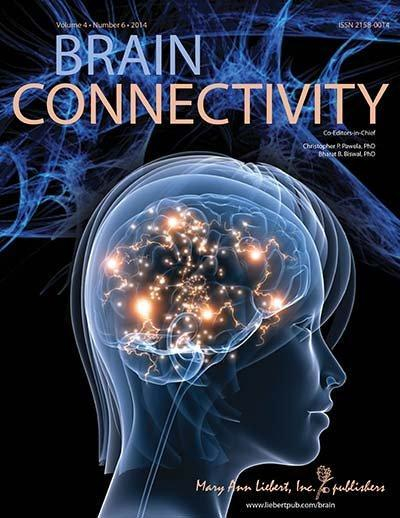The Monash Alfred Psychiatry Research Centre (the Research Centre) is conducting a double-blind clinical trial assessing a novel treatment for fibromyalgia that uses magnetic fields to stimulate neurons in the brain called rTMS.
Estimates from 2012 showed that in Australia about 6.1 million people were affected by musculoskeletal conditions, with an projected rate of increase of 43% by 2032. This high incidence costs the country a total of $55.1 billion in health care and lost productivity costs. Musculoskeletal conditions are more prevalent in Australia than cancer, heart disease or diabetes.
“Despite the prevalence of fibromyalgia and the economic burden it imposes, there are no effective treatments, which is likely due to the fact that there is a complete absence of etiologically-driven treatment options. Existing treatments, such as medications, are not designed specifically to treat fibromyalgia, are largely ineffective and result in a range of adverse side effects,” said Dr. Bernadette Fitzgibbon, ‘Repetitive transcranial magnetic stimulation for the treatment of fibromyalgia’ Study Lead at the Monash Alfred Psychiatry Research Centre.
Worldwide, fibromyalgia affects 1% to 3% of the general population. Symptoms of fibromyalgia include widespread pain and tenderness in the tendons, muscles and ligaments, depression, poor quality sleep, fatigue, headaches and poor memory function. The condition is associated with alterations in the central nervous system and is often comorbid with chronic illnesses such as rheumatoid arthritis.
The new study, which is supported by Arthritis Australia and a Monash Women’s Research Grant, will enrol 40 participants meeting the following eligibility criteria: participants who have been diagnosed with fibromyalgia for over six months and participants who do not suffer from other musculoskeletal or psychiatric conditions. All participants will undergo a daily course of rTMS over a period of four weeks.
For the past 10 years, more than 1100 patients were treated with rTMS at the Research Centre, which is currently being used as treatment for people with depression. Future studies are underway for other psychiatric and neurological disorders.

